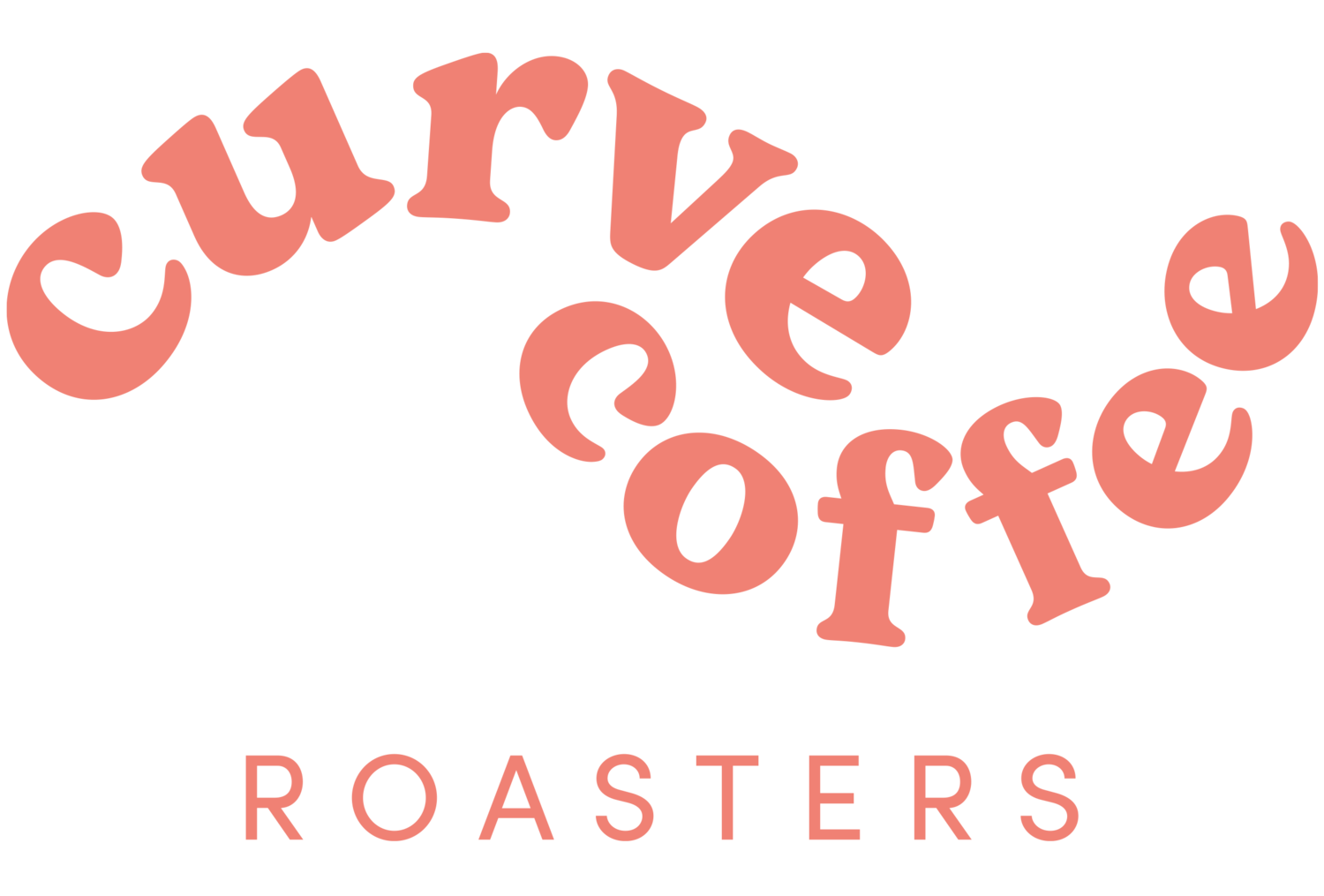Feature Filter: Caturras by Elvis Tineo & Emma Rioja | Peru
Key Origin Info:
Producers: Elvis Tineo Rafael & Emma Rioja Tarillo
Processed at: each grower’s farm
Region: El Diamante, Jaen & Perlamayo, Chirinos, in the Cajamarca department
Altitude: 1700 - 1900 masl
Variety: Caturra
Process: Washed and shade dried on raised beds
Exporter | Importer: Falcon Specialty
Cup profile: Jammy & sweet, blackberry & yellow farm
Length of buying relationship: 5 years
Coffee in Chirinos
More about this coffee:
Elvis Tineo his family and the Rioja Family led by Emma Rioja are inspiring dynamic growers from the Jaen and San Ignacio provinces in Cajamarca region, Northern Peru. We regularly purchase coffee from both of them and had to jump on the chance to purchase this blended lot of Caturra varieties from their respective farms. There were two main reasons for blending this coffee, the component coffees had matching distinctive flavour profiles and the volume of each was too small to export on its own. By combining the two into one exportable high scoring lot, the value for both growers was maximised and we are able to share this stunning coffee.
About Elvis:
Elvis Reinerio Tineo Rafael is a second-generation coffee producer from the El Diamante area overlooking the city of Jaen in Cajamarca, Northen Peru. Elvis and his family own around 12 hectares of land between them. Elvis himself owns and manages around 3 hectares, sitting between 1700 to 1900 masl. He is also the one focusing on processing and drying side of the production.
The land is planted mainly with with Bourbon, Caturra and Catuai varieties but more recently some new, rare varieties like Gesha and Centroamericano have also been added. The whole family work the land together, coordinating their picking, processing and drying and sharing their facilities.
El Diamante is a coffee producing area closest to the city of Jaen, main city in the Cajamarca coffee region. We had the privilege of visiting Elvis and his family at their beautiful farm and found out more about their coffee journey. As Elvis explained, coffee farming has been in the family for a long time, they used to produce mostly commercial quality coffees which they sold at the local market. Recently, this was just about covering their production costs and didn't allow for any investments on the farm so they decided to change things around. Over the last few years Elvis has been learning and implementing improved harvesting and processing practices with some great results.
About the Rioja family & their coffee:
Rioja family cultivate coffee together at their 2 hectare farm in Perlamayo, Huabal District. Emma, Elver, Isaac and Severiano are all members of this coffee producing family. This lot comes from the family’s plot called La Guaba which is currently run by Emma Rioja Tarillo.
The Riojas use traditional cultivation methods without chemical fertilisers. Manual and mechanical weeding is carried out around the farm and coffee trees are pruned to rejuvenate them and ensure good yields.
Emma takes exceptional care during processing, resting the ripe harvested cherries in sacks before de-pulping and carefully processing with the traditional washed method. The cherries are left to rest in sacks under shade for 24 hours before de-pulping. After this, the mucilage covered beans are left to ferment in a tank for around 12 hours before being washed three times. Next they are dried outdoors on a tarp for a day before being moved to patios to finish drying over approximately 15 days. Emma turns the beans 6 times a day during patio drying.
Growing coffee in Peru at this altitude comes with many challenges exacerbated by climate change, with droughts being more frequent. The family works hard to mitigate the risks in various ways, notably by planting shade trees amongst the coffee plants and installing an irrigation system.
About Falcon Peru:
Background on Peru and Por El Cambio project:
POR EL CAMBIO means FOR CHANGE. The project has been established in Cajamarca, Northern Peru by our importing partner Falcon Coffees in 2019.
As Falcon explain:
In Peru, like some other origins, coffee farmers are sensitive to market changes and often lack basic training and the incentive to produce higher qualities of coffee, as premiums often don’t materialise. For these reasons we decided we needed to change the way we buy coffee in Peru and work directly with producers, allowing us to control and improve upon existing quality and have full financial traceability. Ensuring these two factors would help us to pay higher prices for the coffees and to make sure that producers received a fair price for the coffee they delivered us, above the market price. In order to do this, we set up a warehouse in Jaen and started to buy in parchment directly from producers.
The vision was to work directly with small producers who aren't associated with or able to sell their coffee through local cooperatives. They represent 75% of producers in Northern Peru and are usually based in remote areas with little or no access to training and price premiums adequate to the quality of coffee they are able to produce. This can leave their income often dependant on local aggregators who buy their coffee at farm for cash before selling it on which results in the producers being paid very little and the potential and quality of their coffee being lost.
Falcon's team on the ground in Peru, have established relationships and now work with around 300 small producers who bring their coffee in parchment directly to their warehouse where individual lots are graded, yield calculated and assessed for quality. Producers are then paid on the same day according to a transparent system (based on cup score and yield) and receive premiums well above the local market price. Aside from gaining access to a fair market, producers are also able to receive training on farm management, good harvest and processing practices.



